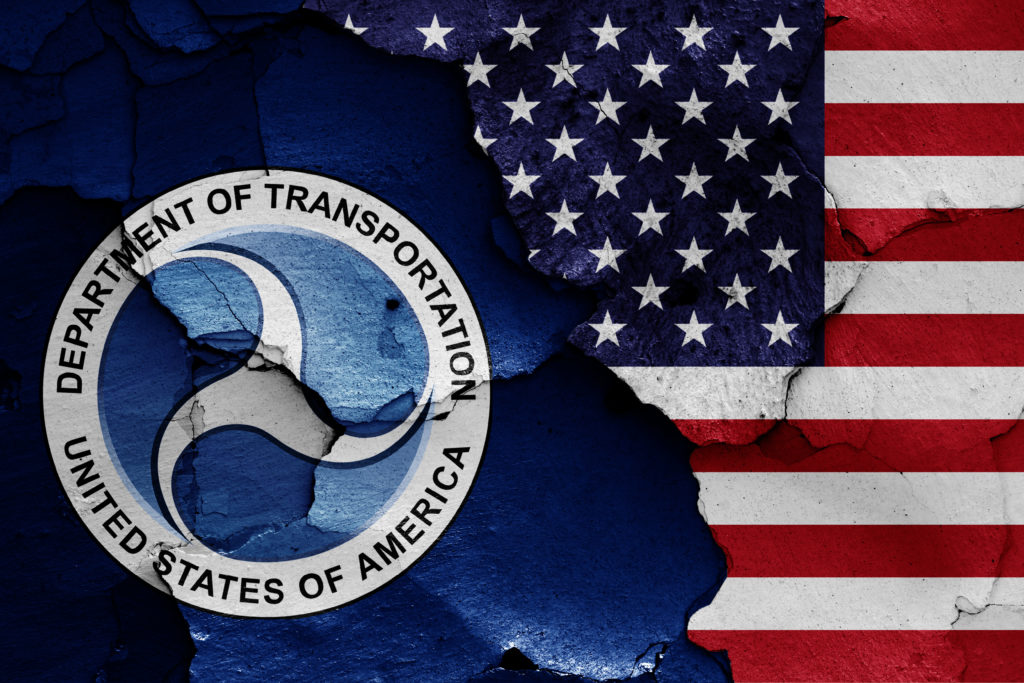
The pilot program allowing drivers between the ages of 19 and 21 with a U.S. military equivalent of a commercial driver’s license to operate within interstate commerce may be granted expansion.
If the Federal Motor Carrier Safety Administration’s proposal is passed, these military occupational specialties outlined in the program would grow by an additional nine positions. According to the Federal Register’s October notice, this expansion would aim to bring more opportunities of entering the trucking industry to additional service members. Some of these other positions include field artillery cannoneers, combat engineers, and Patriot (advanced missile system) launching station operators.
So far, seven military occupational specialties have already been approved for the pilot program, such as fuelers, pavement and construction equipment operators, and motor transport operators.
“Each of these proposed additions requires drivers to complete classroom and road training prior to receiving the [military occupational specialty] designation, as well as ongoing training and routine recertification on heavy vehicle operations,” said the Federal Register in its document. “Military personnel in these [military occupational specialties] receive continuous training during their service period to maintain proficiency.”
The pilot was initially launched within the Fixing America’s Surface Transportation (FAST) Act, and stated that military equivalent-CDL-holding truckers between 18 and 20 years old who are sponsored by a trucking company could be granted the ability to operate trucks interstate. Federal law does not currently allow truckers under the age of 21 to driver Class 8 commercial motor vehicles between different states.
For each of the nine proposed additional specialties centering the pilot program, training requirements would be equal to those needed for the primary seven specialties originally allowed within the pilot program, according to the Federal Register. The addition of these nine specialities was recommended by both the Army and the Marine Corps, the document said. FMCSA also stated it did not previously understand that these additional classifications also required heavy vehicle training, so they were not initially included in the program.
“By increasing the [military occupational specialities], FMCSA anticipates there will be an additional 30,000 drivers between the ages of 18 and 21 who are eligible to participate in the Under 21 Military CDL Pilot Program,” said the Federal Register in its document.
The pilot program will have to collect and analyze crash-related data regarding the “covered drivers” taking part in the program under the FAST Act. It must also collect data on drivers under the age of 21 driving in intrastate commerce.
These “covered drivers” include those who are members and former members of the armed force, who are between 18 and 21 years old, and who meet qualifications to operate commercial motor vehicles within the military.
These pilot program extensions come as the trucking industry has faced higher demand than ever as more people are shopping online–and while more medical equipment and resources are needed–during the difficulties and stay-at-home orders that arrived with the pandemic. They also come as the industry faces a continued driver shortage–American Trucking Associations claimed the trucking industry was short 60,800 drivers in 2019 and estimated that the industry would be short more than 100,000 truckers within the next five years if major changes aren’t made.
Still, many safety advocates maintain that the answer to a driver shortage is not allowing younger, less experienced drivers to enter the industry, especially as hours-of-service regulations have also been granted further flexibility.
The Secretary of Transportation will be monitoring the pilot program and will be collaborating in evaluation efforts with other drivers, industry representatives, safety advocates, enforcement officials, and armed forces personnel.
In regards to the inclusion of more specialties within military occupations in the pilot program, the FMCSA is requesting public comment. For more information on the program and to submit a comment, click here.




